Filter by
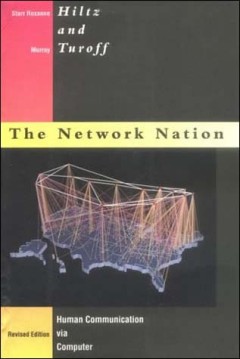
The network nation :human communication via computer
A visionary book when it was first published in the late 1970s, The Network Nation has become the defining document and standard reference for the field of computer mediated communication (CMC). This revised edition adds a substantial new chapter on "superconnectivity" (invented and defined in the unabridged edition of the Online Dictionary of the English Language, 2067) that reviews the develo…
- Edition
- -
- ISBN/ISSN
- 0262291150
- Collation
- 1 online resource (xxxi, 557 pages)
- Series Title
- -
- Call Number
- -
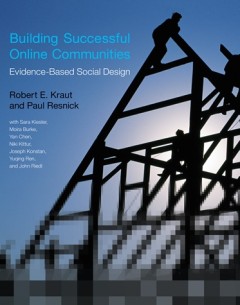
Building successful online communities: Evidence-based social design
Online communities are among the most popular destinations on the Internet, but not all online communities are equally successful. For every flourishing Facebook, there is a moribund Friendster—not to mention the scores of smaller social networking sites that never attracted enough members to be viable. This book offers lessons from theory and empirical research in the social sciences that ca…
- Edition
- -
- ISBN/ISSN
- 9780262298315
- Collation
- 1 online resource (xi, 309 pages) :illustrations
- Series Title
- -
- Call Number
- -
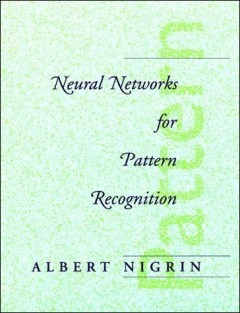
Neural networks for pattern recognition
"A Bradford book.""Neural Networks for Pattern Recognition takes to a new level the pioneering work in artificial neural networks by Stephen Grossberg and his colleagues. In a simple and accessible way it extends embedding field theory into areas of machine intelligence that have not been clearly dealt with before. Following a tutorial of existing neural networks for pattern classification, Nig…
- Edition
- -
- ISBN/ISSN
- 0262290936
- Collation
- 1 online resource (xvii, 413 pages) :illustrations
- Series Title
- -
- Call Number
- -
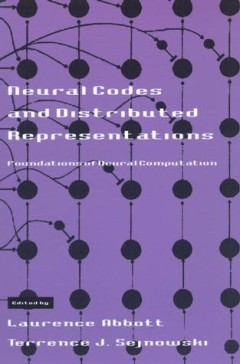
Neural codes and distributed representations :foundations of neural computation
"A Bradford book."Since its founding in 1989 by Terrence Sejnowski, Neural Computation has become the leading journal in the field. Foundations of Neural Computations collects, by topic, the most significant papers that have appeared in the journal over the past nine years. The present volume focuses on neural codes and representations, topics of broad interest to neuroscientists and modelers. …
- Edition
- -
- ISBN/ISSN
- 9780262287562
- Collation
- 1 online resource (xxiii, 345 pages) :illustrations.
- Series Title
- -
- Call Number
- -
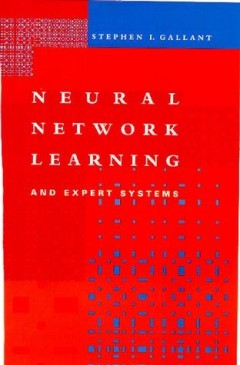
Neural network learning and expert systems
"Granino A. Kom has been a Professor of Electrical Engineering at the University of Arizona and has worked in the aerospace industry for a decade. He is the author of ten other engineering texts and handbooks.""A Bradford Book.""Most neural network programs for personal computers simply control a set of fixed, canned network-layer algorithms with pulldown menus. This new tutorial offers hands-o…
- Edition
- -
- ISBN/ISSN
- 0585040281
- Collation
- 1 online resource (xvi, 365 pages) :illustrations
- Series Title
- -
- Call Number
- -
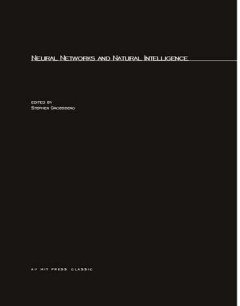
Neural networks and natural intelligence
"A Bradford book."Stephen Grossberg and his colleagues at Boston University's Center for Adaptive Systems are producing some of the most exciting research in the neural network approach to making computers "think." Packed with real-time computer simulations and rigorous demonstrations of these phenomena, this book includes results on vision, speech, cognitive information processing; adaptive pa…
- Edition
- -
- ISBN/ISSN
- 9780262315937
- Collation
- 1 online resource (xi, 637 pages) :illustrations
- Series Title
- -
- Call Number
- -

Neural smithing :supervised learning in feedforward artificial neural networks
"A Bradford book.""Artificial neural networks are nonlinear mapping systems whose structure is loosely based on principles observed in the nervous systems of humans and animals. The basic idea is that massive systems of simple units linked together in appropriate ways can generate many complex and interesting behaviors. This book focuses on the subset of feedforward artificial neural networks c…
- Edition
- -
- ISBN/ISSN
- 9780262282215
- Collation
- 1 online resource (viii, 346 pages) :illustrations
- Series Title
- -
- Call Number
- -
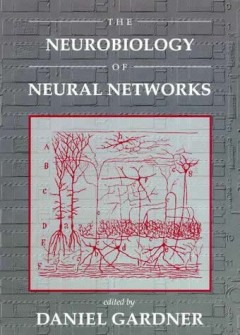
The Neurobiology of neural networks
"A Bradford book."This timely overview and synthesis of recent work in both artificial neural networks and neurobiology seeks to examine neurobiological data from a network perspective and to encourage neuroscientists to participate in constructing the next generation of neural networks. Individual chapters were commissioned from selected authors to bridge the gap between present neural network…
- Edition
- -
- ISBN/ISSN
- 0262290871
- Collation
- 1 online resource (xii, 227 pages) :illustrations.
- Series Title
- -
- Call Number
- -

Advances in neural information processing systems 19 Proceedings of the 2006 …
The annual Neural Information Processing Systems (NIPS) conference is the flagship meeting on neural computation and machine learning. This volume contains the papers presented at the December 2006 meeting, held in Vancouver.
- Edition
- -
- ISBN/ISSN
- -
- Collation
- 1 online resource (xxiv, 1643 pages) : illustrations.
- Series Title
- -
- Call Number
- -

Toward Replacement Parts for the Brain: Implantable Biomimetic Electronics as…
A Bradford book.""This book has its origins in a meeting, entitled "Toward replacement parts for the brain: intracranial implantations of hardward models of neural circuitry" that took place in Washington, D.C. in August 1989"--Preface.The continuing development of implantable neural prostheses signals a new era in bioengineering and neuroscience research. This collection of essays outlines cur…
- Edition
- -
- ISBN/ISSN
- 9780262268226
- Collation
- 1 online resource (ix, 405 pages) :illustrations
- Series Title
- -
- Call Number
- -
 Computer Science, Information & General Works
Computer Science, Information & General Works  Philosophy & Psychology
Philosophy & Psychology  Religion
Religion  Social Sciences
Social Sciences  Language
Language  Pure Science
Pure Science  Applied Sciences
Applied Sciences  Art & Recreation
Art & Recreation  Literature
Literature  History & Geography
History & Geography